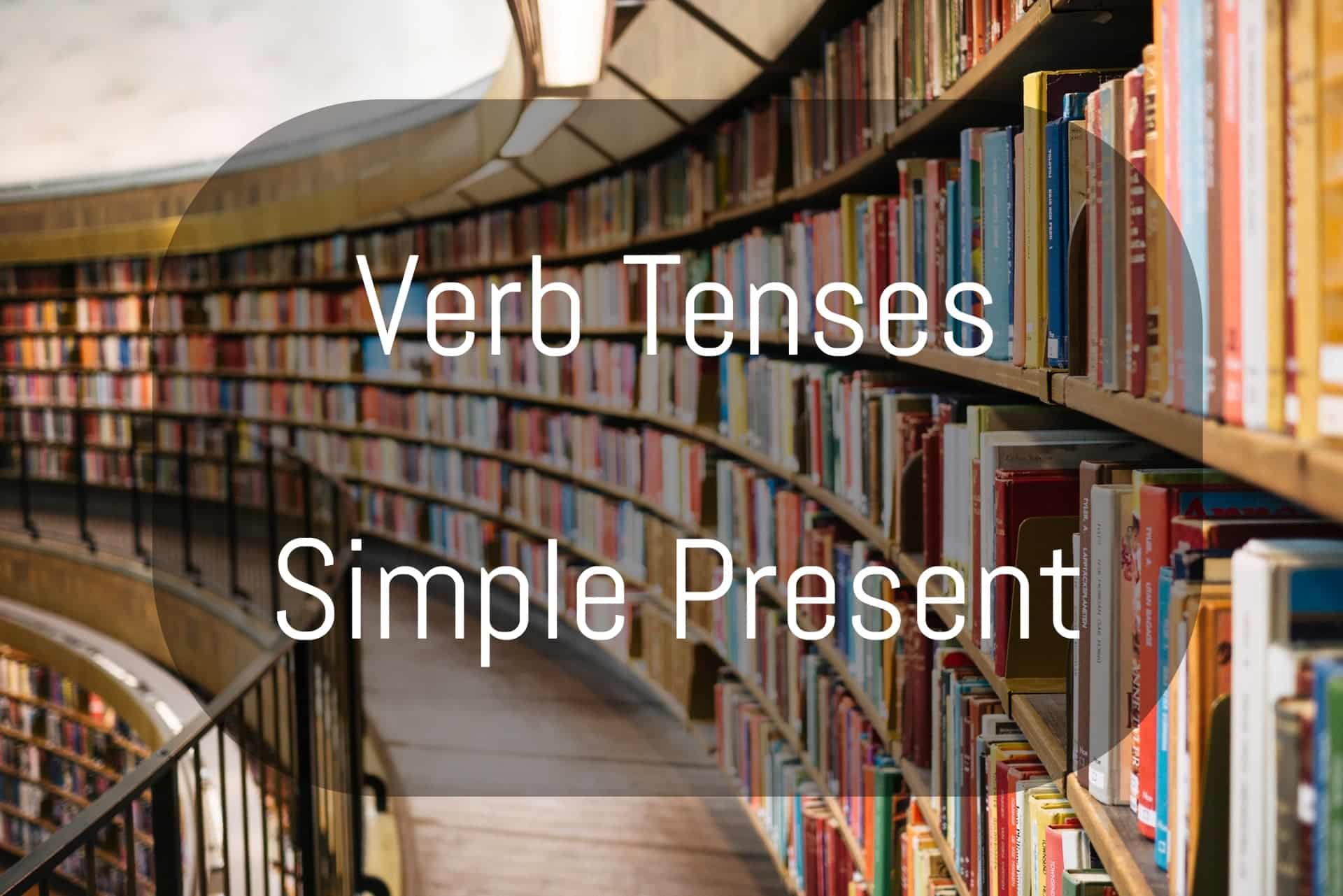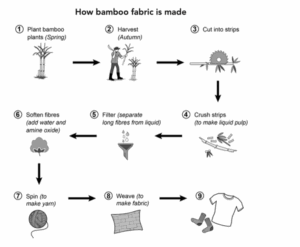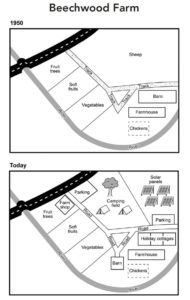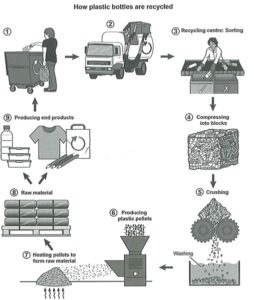There are two verb tenses in English: present and past. Unfortunately, some books claim that there is a third tense called the future, but the truth is there is no future tense form of verbs in English because “tense” refers to the variations of a verb (e.g. go for the present and went for the past), but there is no variation for the future. We talk about the future time in other ways. For example, we use the present tense, will, or be going to.
Moreover, the future time and the tenses can be divided into four subcategories or aspects: simple, progressive, perfect, and perfect progressive.
In this guide, we are going to discuss the simple present.
The Simple Present
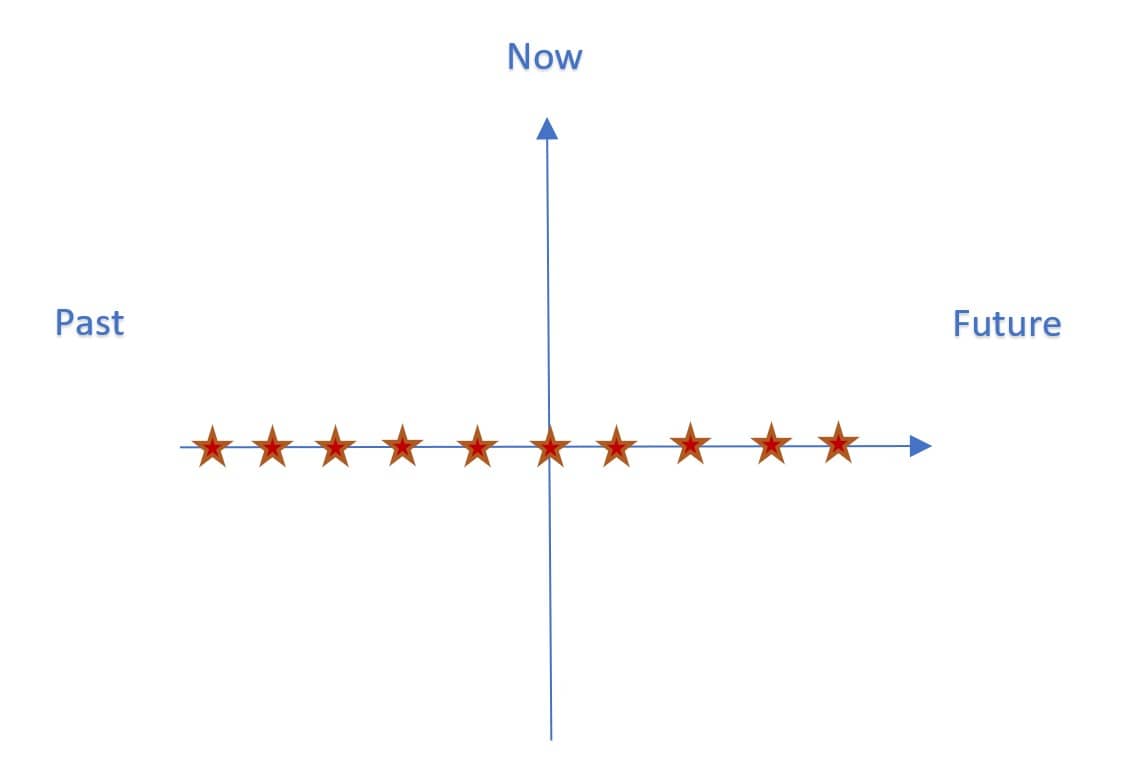
The simple present is used to talk about activities or situations that have existed in the past and will probably continue to exist in the future. This tense is not used for the temporary things that happen around now.
Note: In writing this article, we’ve assumed that you already know how to form this tense; therefore, the focus is on usage.
We use the simple present tense in the following situations:
Facts, timeless truths, and permanent situations
Examples:
- Water boils at 100 degrees Celcius.
- The sun rises in the east and sets in the west.
- Fossil fuels are a major contributor to the climate emergency with the burning of coal, oil, and gas accounting for nearly 80% of carbon dioxide emissions since the industrial revolution.
Habits or routines
Examples:
- I don’t get up early in the morning.
- I usually read a few pages of a novel before I sleep.
- Jimmy always arrives at 7 a.m. on the dot.
Things that happen from time to time or regularly
Examples:
- The weather is unpredictable in our city. Sometimes, it rains nonstop for days in the middle of summer.
- I see him from time to time at work.
- Solar eclipses on Saturn occur once every 15 years.
Directions or instructions
Examples:
- You walk for two hundred meters, then you turn left.
- You write down your answers in the answer sheet. You don’t write them on the question paper.
To tell stories about movies, books, etc.
Example:
So the main character goes into the house and looks for his kids…
Timetables for future events
Examples:
- The train arrives at 10am.
- The course begins tomorrow morning.
In subordinate clauses that refer to the future
Example:
- I will reward anyone who provides information about my missing dog.
- I’ll talk to Jim when he arrives.
Commentaries
The football commentator: Chris finds his teammate, he shoots, and it‘s a goal!
non-progressive verbs
Some verbs describe a state and not an action. The simple present is used with such verbs even if they refer to the moment of speaking.
Examples:
- I understand what you mean.
I am understanding what you mean. - It seems he is trying to tell us something.
- I like this food. It’s delicious. Please give my compliments to the chef.
- The food tastes absolutely amazing.
Notes: Some verbs like taste, feel, have, think, look, etc. can both be stative and dynamic with different meanings.
Examples:
- She‘s tasting the food to see if it’s ok to be served. = The cook is eating a little of the food to see if it is of good quality.
- The food tastes good. = The food is delicious.
- I think we should go. = It is my idea that we should go.
- I am thinking about what he said. = I am using my mind to understand what he said.
































